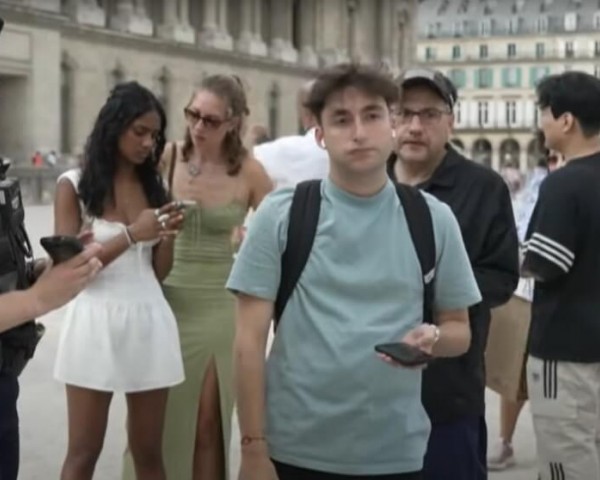The 2024 Summer Olympics began in Paris. However, the number of tourists expected to visit Paris for the Games did not meet predictions. A report by Euromonitor International forecasted an additional three million visitors and a tourism spending increase of up to four billion euros. However, luxury hotel bookings have declined, and business has decreased for shops, restaurants, bars, and airlines during the high season. This suggests that the Games may unexpectedly negatively impact the local economy.
Airlines Flying to Paris Report Losses
Air France-KLM reported a 30% decline in operating profit to 513 million euros ($556 million) in its second-quarter earnings report presented last week. The company also stated that international air traffic to Paris had decreased due to the Games, and revenue per unit had decreased by an estimated 40 million euros.
It is estimated that the Games will cost airlines around 200 million euros throughout the summer of 2024 (late June to August), the classic peak season for travel in Europe.
Despite the current challenges, the airline industry expects a gradual normalization at the end of August, which is a positive sign for future tourism in Paris.
Delta Airlines, the airline with the most connections to Paris in the United States, predicted earlier this month that the company would incur $100 million in losses due to the 2024 Summer Olympics. Delta President Glen Hauenstein stated, “We expect to see an impact of about $100 million from June to August on trips to Paris for the Olympics. However, aside from this temporary event, the demand for summer travel to Europe remains strong and aligns with our expectations.”
Decline in Hotel Bookings
UMIH Prestige, a trade group for hotels charging at least 800 euros ($870) per night, reported a 20 to 50 percent decrease in hotel bookings compared to last summer. The head of UMIH Prestige, Christophe Laure, said: “In the lead-up to the Games, Paris is experiencing a sharp decline in demand for luxury hotel rooms.”
He mentioned that many travelers avoid the city until after the graduation ceremony.
It is important to note that hotel prices were kept high during the event and were further increased by a rise in the tourist tax. Depending on the accommodation type, tourists pay almost 200% more in tourist tax per night.
Logistical Problems Further Impair the Mobility of Tourists
The city is bracing for the arrival of over 10,000 athletes and around 500,000 spectators for the Games. This has led to rising hotel prices, new traffic controls, and heightened security measures. Chloe Parkins, a senior economist at Oxford Economics, has mentioned that these measures and increased tourism taxes could lead to reduced traffic flow, affecting local businesses and lower spending on tourist attractions and retail. This has made travel in the city more difficult and costly in the lead-up to the Games.
Business Impact and Following Steps
In 2016, the French Centre for Sports Law and Economics studied the potential economic impact of hosting the 2024 Summer Olympics in France.
The study estimated that the Olympics could have an economic impact of up to €10.7 billion and create up to 247,000 jobs.
Of the €10.7 billion, about €1.4 to €3.5 billion (13 to 33 percent) was attributed to tourism’s economic influence. However, it’s important to interpret these numbers cautiously, as much has changed since 2016, mainly due to the pandemic and inflation.
Experts predict that the number of visitors will increase towards the end of August when the Paralympic Games are underway. This forecast aligns with airline expectations.
The early summer lull in arrivals in France and Paris is expected to be temporary as some travelers try to avoid the crowds. Nevertheless, France remains an attractive destination for various source markets. Tourists who can’t afford to visit during the 2024 Summer Olympics will likely come later or opt for a trip during the Paralympic Games, which run from late August to early September.












